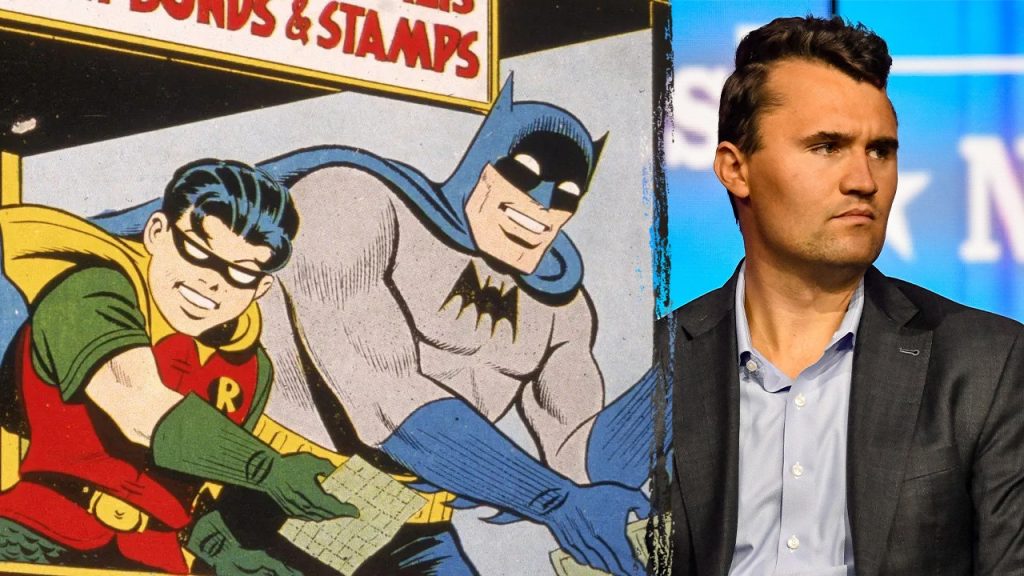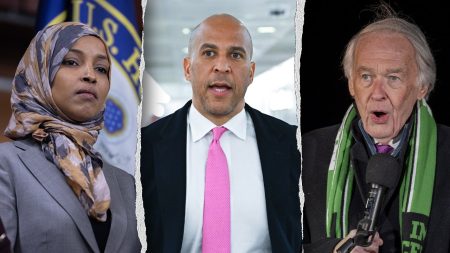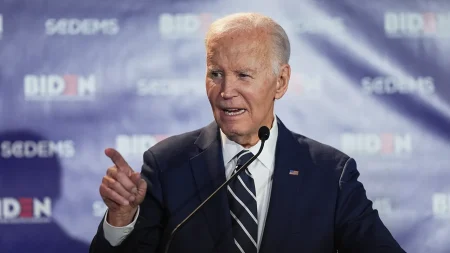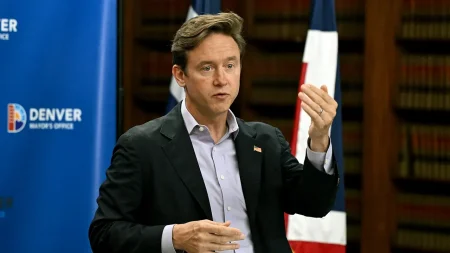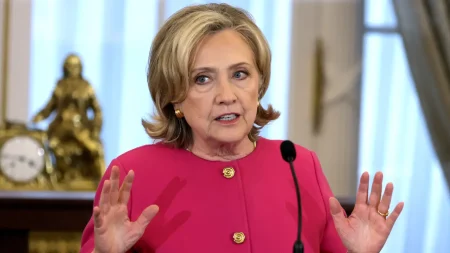DC Comics Cancels “Red Hood” Series After Writer’s Controversial Remarks
In a move that has sent ripples through the comic book community, DC Comics has officially canceled its Batman spin-off series “Red Hood” following inflammatory social media posts by the series’ writer, Gretchen Felker-Martin. The controversy erupted when Felker-Martin, a transgender author, made comments mocking the attempted assassination of conservative activist Charlie Kirk, writing that she “hoped the bullet was okay” after hitting Kirk and referring to him as a “Nazi b—h.” The cancellation was swift and decisive, with DC Comics not only halting future issues but also recalling copies that had already been shipped to retailers, underscoring the severity with which the publisher viewed the incident.
The response from Felker-Martin has been notably unapologetic. In a post on her Patreon blog, she described her comment about Kirk as “a glib joke” that was “irresistible,” and maintained that she “stands by the sentiment” of what she said, describing Kirk as “evil.” In a subsequent interview with The Comics Journal, she doubled down, stating she had “no regrets” for her comments, explaining, “I’ve listened to Charlie Kirk being an overt Nazi for years of my life.” This steadfast position comes despite her acknowledgment that the post represented “a moment of poor impulse control” and that, upon reflection, she recognized it would create problems with her publisher. The contrast between recognizing the professional consequences of her actions while refusing to retract the sentiment itself has only intensified public reaction to the situation.
This incident doesn’t mark the first time Felker-Martin’s social media presence has raised eyebrows at DC Comics. According to her interview, her superiors had previously expressed concerns about her outspokenness online, particularly following reports that she had allegedly celebrated the October 7, 2023 Hamas attack on Israel in which over a thousand civilians were killed. DC Comics has made its position clear in a statement to Fox News Digital, saying: “At DC Comics, we place the highest value on our creators and community and affirm the right to peaceful, individual expression of personal viewpoints. Posts or public comments that can be viewed as promoting hostility or violence are inconsistent with DC’s standards of conduct.” This statement carefully balances respect for creative freedom with the establishment of boundaries regarding the promotion of violence.
Beyond her work on “Red Hood,” Felker-Martin has built a notable career as a writer, contributing to Time Magazine and publishing several science fiction and horror novels that have achieved bestseller status. Her writing often courts controversy, as evidenced by her novel “Manhunt,” which includes a fictional scene depicting the death of Harry Potter author J.K. Rowling—a prominent critic of certain transgender activism—when her castle catches fire and collapses. This pattern of incorporating real-world figures who oppose her political viewpoints into violent fictional scenarios has become something of a hallmark of Felker-Martin’s work, blurring the lines between artistic expression and personal animosity in ways that challenge readers and publishers alike.
The cancellation of “Red Hood” raises important questions about the boundaries between an artist’s personal expression and their professional responsibilities. While many defend creators’ rights to express personal political viewpoints, others argue that celebrating or making light of violence against real individuals crosses an ethical line that publishers cannot ignore. DC Comics’ decision suggests that while they support creators’ freedom of expression in principle, there are limits when that expression appears to glorify actual violence. The company’s swift action in not only canceling future issues but also recalling existing copies demonstrates how seriously they viewed the transgression, treating it not merely as a PR problem but as a fundamental violation of their standards.
The controversy highlights the increasingly complex relationship between creative professionals and social media. In an era where personal and professional boundaries are increasingly blurred online, creators face new challenges in navigating their public personas. For publishers like DC Comics, the incident underscores the delicate balance between supporting artistic freedom and maintaining ethical standards that reflect their brand values. As the comic book industry continues to navigate these waters, the “Red Hood” cancellation may serve as a significant precedent for how publishers respond when creators’ personal expressions conflict with corporate values. Meanwhile, Felker-Martin’s unrepentant stance ensures that the conversation around this incident—and the broader questions it raises about speech, violence, and professional responsibility—is far from over.




